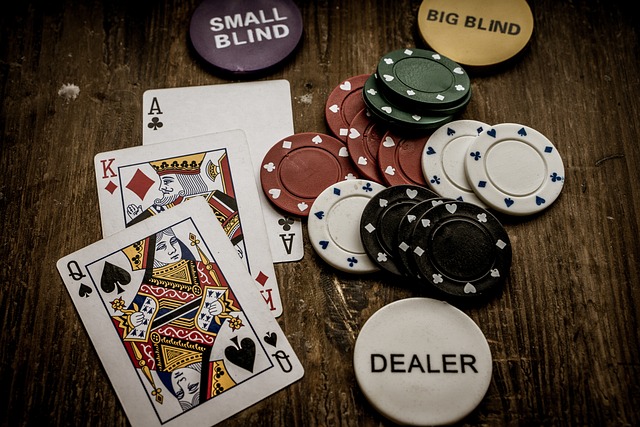After understanding that a player’s performance is variable, let’s look at an even more specific situation: the final moments of a game.
In horse racing, when a very weak horse won, the result was said to be “a zebra.” What do you say when, being the clear favorite, you lose to a player with a weaker hand? Ah, well that’s a bad beat!
Example of a true bad beat
One player has a pair of aces and his opponent has an ace and a king. The flop cards are a 7 and two jacks. At this point, the player is very well positioned as only a few combinations would make him lose. Let’s see:
- Hypothesis 1: A K + 7 J J + 10 Q = Stairs
- Hypothesis 2: A K + 7 J J + K K = Full
Only in these two cases, the player would lose the round. Should any of the combinations come up, a player could say that he really has suffered a bad beat, since the chances of those cards coming up would be minuscule.
Identify a wrong bad beat

We are in a preflop, where there is a player with a pair of jacks. All the other players fold and only one opponent is left holding an Ace and a 5. The starting player understands that he has a good hand compared to his opponent, he goes all-in and calls to call. The board has at the end the following cards 5, 7, 9, K and Ace. So the opponent beats the player with two pair against one pair.
So the player had a bad beat? We will see that this is not a stroke of bad luck. When we look at the odds, we’ll see that J J is a preflop favorite against an A 5, however that probability of winning is 66.7% vs. 33.3%. So with that hand, you can expect that, statistically, every other time you win, you also lose a game. It was not a stroke of bad luck that caused the player to lose everything. It was an ill-considered bet for an all-in.
What to do when you have a bad beat?
But if it really is a bad beat, what can we do to fix it? Now let’s look at some tips that will help you deal with a bad beat:
1 – Do not rush
There is no use getting angry or having outbursts, this type of behavior will only make you lose concentration even more. In poker we say that the player is “tilting” or going through a tilt.
2 – Breathe calmly
Take a deep breath. You just went through a moment of stress and your body needs you to lower the adrenaline a bit. Closing your eyes and focusing on your breath will help you feel calmer.
3 – Accept reality

Accept what happened. What happened, happened, and there’s no point in you thinking about the plays you didn’t make. Although the past is important to help us in the future, feeling bitter about what no longer has a solution is useless.
4 – Analyze the process
The important thing is to understand what is happening right now. How were the hands of the opposing players, and how was yours? Also analyzing how our own bankroll is going is essential to be able to continue playing
5 – Choose your plays
Maybe you can choose to play hands with a more “tight” style or perhaps lower the stakes a bit. Humility and reflection are great allies in the game of poker
